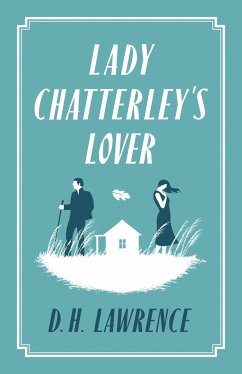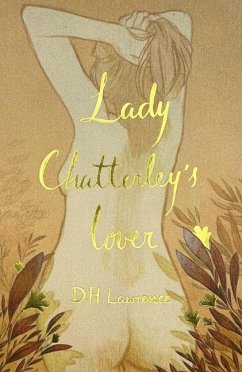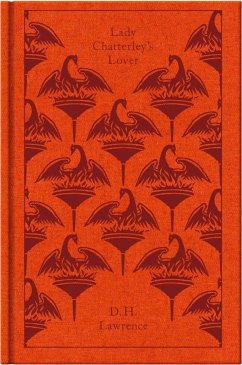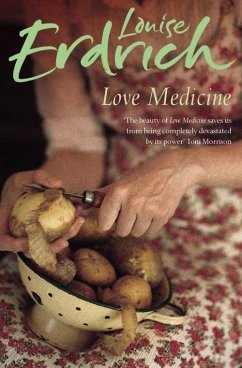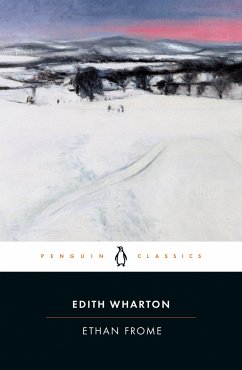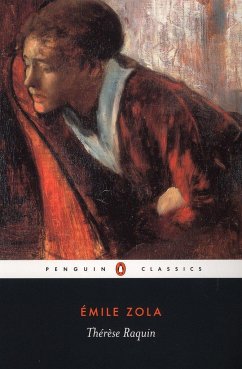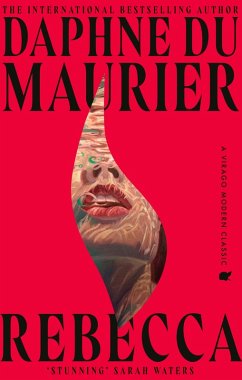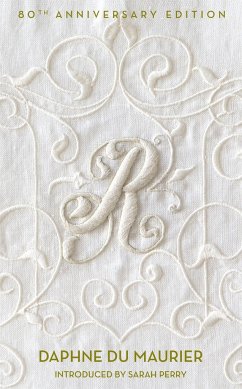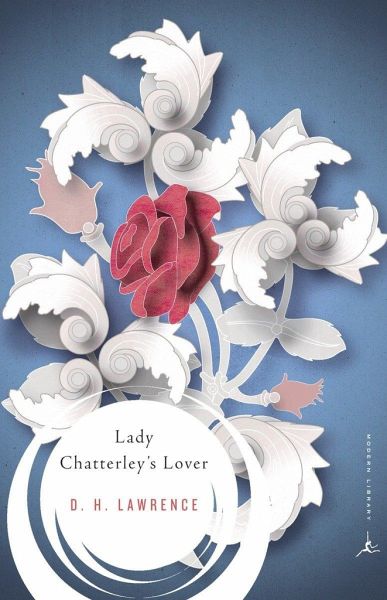
Lady Chatterley's Lover
Versandkostenfrei!
Versandfertig in 2-4 Wochen
17,99 €
inkl. MwSt.
Weitere Ausgaben:

PAYBACK Punkte
9 °P sammeln!
Constance Chatterley, married to an aristocrat and mine owner whose war wounds have left him paralyzed and impotent, has an affair with Mellors, a gamekeeper, becomes pregnant, and considers abandoning her husband. One of the seminal class novels of the twentieth century, Lady Chatterley's Lover was considered flagrantly pornographic when it was first published in 1928.
Introduction by Kathryn Harrison Inspired by the long-standing affair between D. H. Lawrence's German wife and an Italian peasant, Lady Chatterley's Lover follows the intense passions of Constance Chatterley. Trapped in an unhappy marriage to an aristocratic mine owner whose war wounds have left him paralyzed and impotent, Constance enters into a liaison with the gamekeeper Mellors. Frank Kermode called the book D. H. Lawrence's "great achievement," Anaïs Nin described it as "his best novel," and Archibald MacLeish hailed it as "one of the most important works of fiction of the century." Along with an incisive Introduction by Kathryn Harrison, this Modern Library edition includes the transcript of the judge's decision in the famous 1959 obscenity trial that allowed Lady Chatterley's Lover to be published in the United States.
Dieser Artikel kann nur an eine deutsche Lieferadresse ausgeliefert werden.




